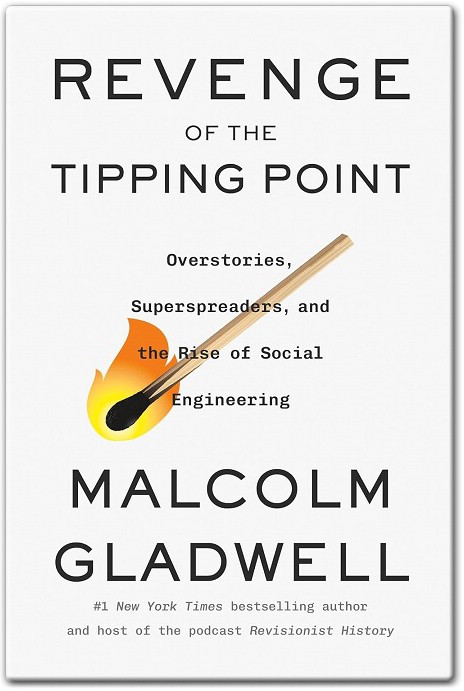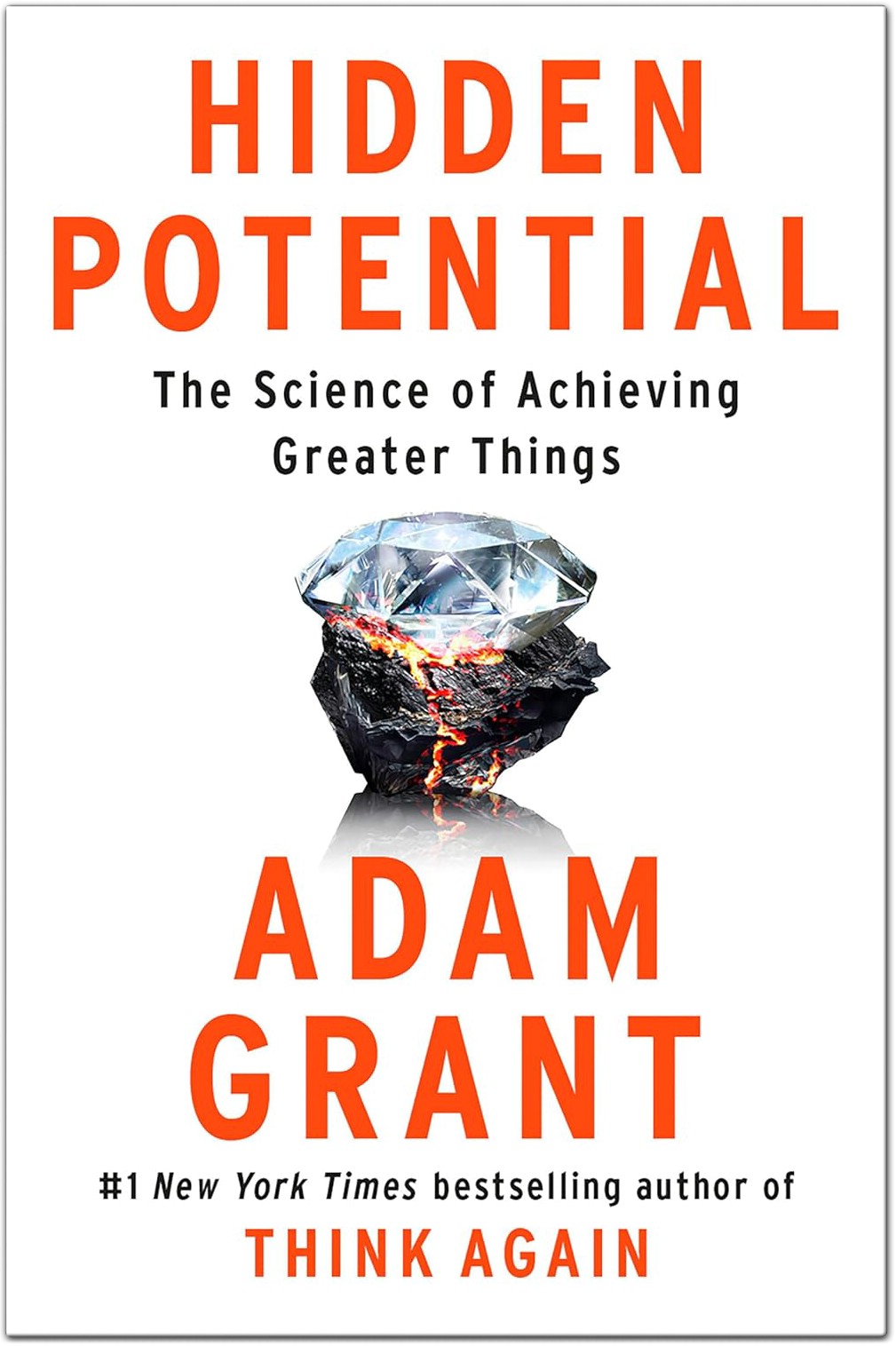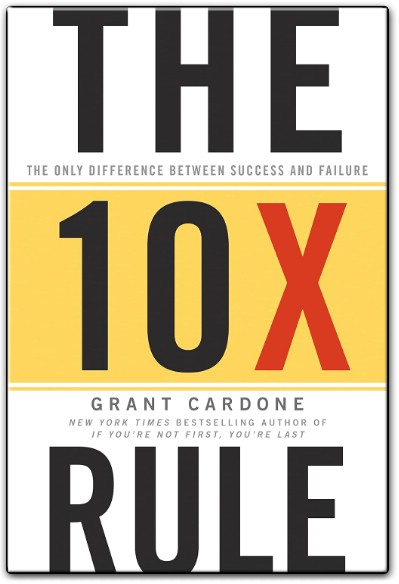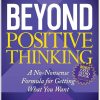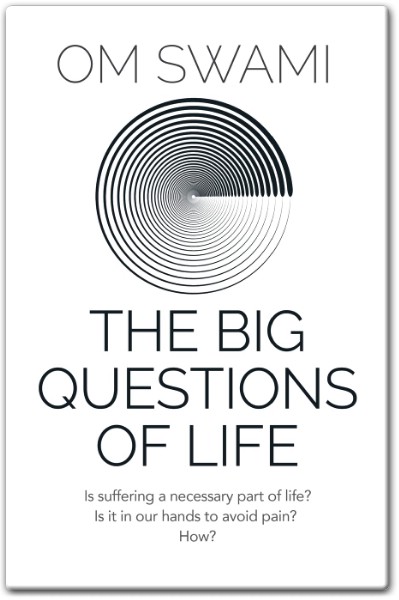
The Big Questions of Life Is Suffering a Necessary Part of Life? Is It In Our Hands to Avoid Pain? How? Details & Statistics
| Attribute | Details |
|---|---|
| Publisher | Om Swami Meditations (10 Diciembre 2021) |
| Language | English |
| Paperback | 200 pages |
| ISBN-10 | 9353577195 |
| ISBN-13 | 978-9353577193 |
Statistics of The Big Questions of Life by Om Swami
Rankings:
- Overall in Books: #126,322
- #1,889 in Philosophy (Books)
- #2,304 in Personal Transformation Self-Help
- #22,349 in Religion & Spirituality (Books)
Customer Reviews:
- Average Rating: 4.6 out of 5 stars
- Total Ratings: 966
Genres:
- Philosophy
- Self-Help
- Nonfiction
- Psychology
- Spirituality
- Personal Development
Editions Available:
- 4 Editions
The Big Questions of Life Is Suffering a Necessary Part of Life? Quotes
- “I can’t help you,’ the Buddha said. ‘No one can. For countless lives you have wept for loved ones. Your tears could fill the four oceans. But no one can be in a secure, hiding place from suffering. Knowing this, a wise person walks the path of awakening.”
- “Everyone makes mistakes, son,’ she said. ‘Really, we all do. And it’s okay. We are free to make mistakes. But we are also responsible for owning up to our actions and accepting our mistakes with grace.”
- “In the words of Nelson Mandela, ‘To be free is not merely to cast off one’s chains, but to live in a way that respects and enhances the freedom of others.”
- “As they say, a true measure of progress is not how well we perform in comparison to others, but how we are doing compared to our past.”
- “Regret is a thief that robs us of the present; let it go.”
- “Loneliness is not being alone; it’s forgetting your connection to everything.”
- “The only certainty in life is change; embrace it.”
- “A mindful heart holds no space for regret or resentment.”
- “The journey inward is the most important pilgrimage.”
- “Your worth isn’t in others’ approval but in your self-belief.”
- “Impermanence teaches us to cherish every moment.”
- “To love deeply is to accept transience fully.”
- “Gratitude is the bridge to inner peace.”
- “The meaning of life is not in its permanence but in how deeply you live it.”
The Big Questions of Life Table Of Contents
I. SAMSARA
- The ABC of Life
- The Gifts of Hurt
- Wake Up
- Leave Your Regrets Behind
- Life Is a Struggle
- Samsara
- Impermanence
II. LONELINESS
- The Centre of Your Life
- A Spiritual Attitude
- The Price of Freedom
- How to Apologize
- The Narcissist
- Realizing Your Potential
- The Cosmic Law of Interconnectedness
- Stories We Tell
- Loneliness
- A Thousand Marbles
III. SELF
- The Tearing Thought
- Shedding Your Past
- Whom to Please
- What I Could Have Done
- Why Good People Suffer
- Betrayal of Trust
- Your Opinion About Yourself
- Honoring Your Word
IV. AWAKENING
- The Spirit of Service
- Awakening
- The Secret of Being Positive
- From Suffering to Happiness
- A Story of Grace
- The Course of Grief
- The River of Life
- The Last Letter
Other Sections
- Notes
- About the Book
- About the Author
- Copyright
The Big Questions of Life Summary & Review & Key Themes
Key Themes and Lessons:
1. Understanding Pain vs. Suffering
Om Swami starts by distinguishing between pain and suffering, emphasizing that while pain is an inevitable part of life, suffering is often a mental construct. Pain is a physical or emotional experience, while suffering arises when we resist or attach to the pain. He encourages the reader to recognize this difference and work on shifting their mental approach to pain, which can help alleviate unnecessary suffering.
2. The Power of Perspective and Choice
One of the central tenets of the book is the idea that while external events are beyond our control, our responses to these events lie entirely within our grasp. Om Swami illustrates that through perspective, we can transform grief into acceptance, despair into peace, and frustration into resilience. By cultivating mindfulness and awareness, we can avoid being consumed by pain and suffering.
3. Impermanence: A Core Concept
The book stresses the importance of accepting the transient nature of life. Everything, from our emotions to our relationships, is temporary. By understanding and embracing impermanence, we can develop a healthier relationship with both pain and joy. This acceptance allows us to live more freely, without clinging to past experiences or fearing future losses.
4. Loneliness and Solitude
Loneliness, according to Om Swami, is a common source of pain, yet it can be transformed into solitude, which is a state of peace and self-reflection. He emphasizes that loneliness often stems from a disconnection from ourselves and from the world around us. When we realize our interconnectedness with all of life, loneliness can evolve into an opportunity for personal growth and spiritual awakening.
5. Detachment: The Path to Freedom
Detachment is a recurring theme in Om Swami’s teachings. He explains that detachment does not mean indifference or lack of care, but rather the ability to engage in life fully without becoming overly attached to the outcomes. Detachment allows us to maintain peace and equanimity, regardless of the external circumstances. This quality is vital for overcoming pain, as it prevents us from identifying too strongly with our struggles.
6. The Role of Expectations in Suffering
Expectations are often the root cause of suffering. When we expect life to unfold in a certain way and it doesn’t, we experience disappointment and pain. Om Swami advises cultivating a mindset of acceptance and flexibility, allowing us to navigate life’s unpredictability with grace.
7. The Importance of Self-Awareness
Self-awareness is critical for personal growth and understanding the true source of our pain. Om Swami encourages readers to observe their thoughts and emotions without judgment. Through self-awareness, we can identify the underlying causes of suffering and address them at their root, rather than simply reacting to external events.
8. Building Resilience
Resilience, Om Swami suggests, is the ability to bounce back from life’s challenges and continue moving forward. It involves embracing adversity as an opportunity for growth rather than a setback. The book teaches that resilience is a skill that can be developed by cultivating mindfulness, detachment, and a sense of purpose.
9. Forgiveness and Compassion
Forgiveness is presented as a powerful tool for releasing pain and fostering inner peace. Holding onto anger, resentment, and grudges only prolongs suffering. Om Swami advocates for forgiveness, not just for others, but also for oneself. Compassion, both for oneself and others, helps to heal emotional wounds and cultivate deeper connections with others.
10. Letting Go of Toxic Relationships
Toxic relationships often contribute to emotional pain and suffering. Om Swami offers practical advice on how to identify and let go of relationships that no longer serve us. By setting healthy boundaries and prioritizing our well-being, we can free ourselves from the burden of toxic relationships and create space for more fulfilling connections.
Philosophical and Practical Insights:
Throughout The Big Questions of Life, Om Swami draws from a variety of philosophical traditions, including Buddhist and Vedic teachings, to offer timeless wisdom. However, the book is not just a theoretical exploration—it is rich with actionable advice. Om Swami provides practical exercises, such as mindfulness techniques and reflections, that help readers integrate his teachings into their daily lives.
The Importance of the Present Moment
One of the most profound messages in the book is the emphasis on living in the present moment. By focusing on the present, we can avoid getting trapped in regret about the past or anxiety about the future. This practice of mindfulness allows us to fully experience life as it unfolds and reduces unnecessary suffering.
Gratitude as a Healing Force
Gratitude is another central theme in the book. Om Swami teaches that by cultivating a sense of gratitude, we shift our focus from what is lacking in our lives to what is already present. Gratitude has the power to transform our perspective and enhance our sense of well-being, even in challenging times.
Key Quotes That Define the Book
“Regret is a thief that robs us of the present. Let it go.”
“The journey inward is the most important pilgrimage.”
“Your worth isn’t in others’ approval but in your self-belief.”
“To love deeply is to accept transience fully.”
“Gratitude is the bridge to inner peace.”
These are not just poetic thoughts — they’re tools for reprogramming the way we view ourselves and our world.
About the Author: Om Swami

Om Swami is a modern-day mystic, monk, and bestselling author known for his deep spiritual insights and practical wisdom. Born in India, he renounced a successful corporate career to pursue spiritual enlightenment, spending years in intense meditation and study in the Himalayas.
Om Swami has written extensively on mindfulness, personal growth, and spirituality, with works like A Million Thoughts and Mind Full to Mindful earning acclaim worldwide. His relatable style and authentic teachings have made him a global thought leader, inspiring readers to live with purpose, gratitude, and inner peace.
![]()
Attachments & References
- Get Your Copy Of The Book: The Big Questions of Life Is Suffering a Necessary Part of Life? Is It In Our Hands to Avoid Pain? How?
- Explore Similar Books
- Amazon’s book page
- Goodreaders’s book page
- Author’s image source: soundcloud.com
- Book Cover: Amazon.com







